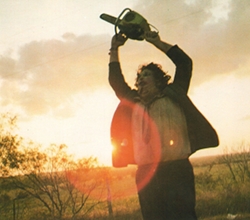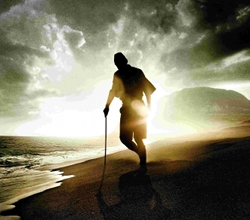Review: Flowers of Shanghai (1998)
Hsiao-hsien Hou is a director that requires a journey through his entire body of work before you will be able to find the pulse of his films. There is a set of conflicting philosophies running through his work, and his films tend to illustrate these philosophies in a wide variety of ways. There is an undercurrent of tradition and an endless anthropological curiosity that runs through his body of work. He studies the past and the rules of society in the aim of illustrating the flaws of romanticizing a bygone era. Flowers of Shanghai is a perfect example of this. There is grace and elegance in the 19th century brothel that Flowers of Shanghai occupies, and people conduct themselves in a manner conforming to strict social guidelines. These guidelines are informed by Confucianism as a gentleman must always conduct himself in the socially prescribed manner, even when participating in behavior that may seem debaucherous.
This stifling set of socially prescribed mannerisms and conduct is as crushing and omnipresent as the environment which the characters occupy. Each frame of the film is carefully planned in the aim of trapping these characters in their surroundings, and often finds the characters jailed within the frame by doorways or windows. We are never allowed to look closely upon a character for very long. They remain faceless under the soul crushing oppression of social conformity and use opium and sex to try to dull the edges of a malaise-filled, purposeless existence. Even the act of preparing the opium is steeped in tradition and social propriety. The human soul cannot breathe under these conditions, and societal norms and rules of conduct only serve to cover the aimlessness and hopelessness at the heart of our characters’ suffering.
Hou’s mastery of framing and composition is used to illustrate this ennui. Characters standing in the same room are locked in isolation as one step to the left will trap them within the prison bars of the open shutters in the foreground, or the confining doorways in the background. These visual elements are expertly utilized to convey the appropriate emotional frequency for the film. Each scene is filmed as an extended and uninterrupted take as the camera pans and moves through faces trapped by their own boredom and stifling confines of their environment. The camera stops moving to capture moments of disparate conversations that are happening in the same room. These conversations are mostly centered on rules of conduct but hint strongly at the undercurrent of disconnection and alienation that each character feels. Each long take concludes by fading to black, giving us a moment to briefly ponder the morality fable that each sequence presents us with. This is the core of the duplicitous nature of the film. There is beauty in the framing, costumes, soft lighting, and careful way that these characters conduct themselves, but if you strip away those elements you are left with another human trying to sort out a little meaning from the pain of existence.
The soft lighting of hurricane lamps does little to bring conflict to this environment in the way of shadows or stark concentration on any one character. We drift through the various enclaves and un-amused faces like the unwitting participants of an opium induced daydream. The playfulness of the hurricane lamps adds mischief to the frame through halos and lens flares, but the lighting is soft and inviting. It wraps the characters in warmth that offers nothing but more malaise and empty promises. Try as they may to numb the pain of existence with vices and strict guidelines for conduct, the pain is the only thing honest in their existence and it refuses to be dulled or ignored.
-
http://twitter.com/NextProjection Christopher Misch
-
http://www.facebook.com/blevo Matthew Blevins
-
Anonymous













 Review: Dogtooth (2009)
Review: Dogtooth (2009) Review: Shame (2011)
Review: Shame (2011) Review: Hugo (2011)
Review: Hugo (2011) Review: Kontroll (2003)
Review: Kontroll (2003) Review: Dillinger (1945)
Review: Dillinger (1945)





